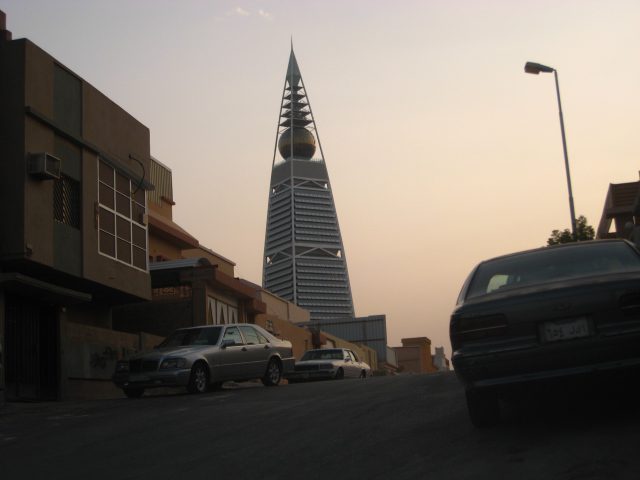
Notes from “Voting with their feet: Thousands of Gulf Arabs are abandoning their homeland: Fed up with social restrictions and political repression, Saudis are leading the way,” an article that appeared in the print edition of The Economist for 19 January 2019:
According to the refugee agency of the United Nations — formally, the Office of the United Nations High Commissioner for Refugees — 815 citizens of the Kingdom of Saudi Arabia applied for asylum in 2017. That’s not a huge number. But it’s a 318% increase over the analogous figure for 2012.
Moreover, the numbers of asylum-seekers don’t convey the full story. Jamal Khashoggi, for instance, went into exile in America before agents of the Saudi Arabian government brutally murdered and dismembered him — appallingly, that order should perhaps be reversed — in the Saudi consulate in Istanbul last October. This isn’t uncommon: Saudis who are uncomfortable with life at home and who have the means to do so often take up residence in places like Washington DC and London without feeling the slightest need to seek asylum.
Should such departures be blamed on the repression notoriously overseen by the Saudi crown prince, Muhammad bin Salman? No, because the trend began well before he became the heir apparent to (and the power behind) the Saudi throne.
Moreover, as The Economist points out, “The trend is not limited to Saudi Arabia. About three times as many from the United Arab Emirates (UAE) sought asylum in 2016 as in 2012. Tiny Qatar saw its count more than double in the same period. Saudi Arabia has seen the steepest increase, though.”
The most likely catalyst for the phenomenon may well be the so-called “Arab Spring,” the series of anti-government protests, uprisings, and armed rebellions that spread across the Middle East in late 2010 and continued until fading away in mid-2012, and its discouraging aftermath.
“Though most Gulf states weathered the Arab spring without serious unrest,” The Economist says, “the revolutions elsewhere unnerved them. The UAE stepped up domestic surveillance and rounded up activists. Qatar passed a ‘cyber-crime’ law that is broad and easily abused. Political activity was never encouraged in the Gulf, but after 2011 it was ruthlessly punished.”
Muhammad bin Salman is, to put it mildly, a huge disappointment. When he came to power, a millennial with reformist attitudes toward Saudi economics and culture, many people had great hopes. Overturning prior bans, he allowed movie theaters to open, permitted public concerts, and granted women the right to drive. Many expatriate Saudis began to come home, or to think about it. But the crown prince’s autocratic ways, the vicious assassination of Jamal Khashoggi, the arrest of hundreds of activists in the Kingdom — these things have soured his image in the West and among many of his own people.
It’s another opportunity largely squandered, much like the Arab Spring itself.
What happens to a dream deferred?
Does it dry up
Like a raisin in the sun?
Or fester like a sore–
And then run?
Does it stink like rotten meat?
Or crust and sugar over–
like a syrupy sweet?
Maybe it just sags
like a heavy load.
Or does it explode?
(Langston Hughes)










